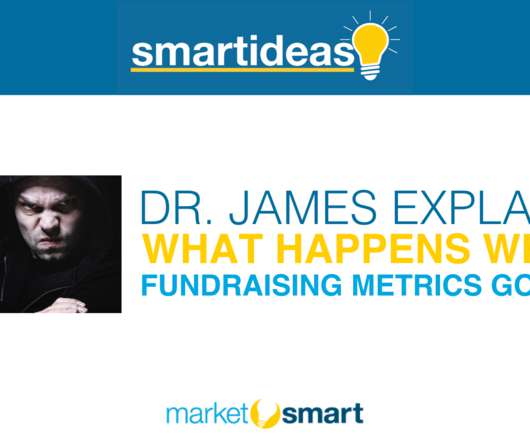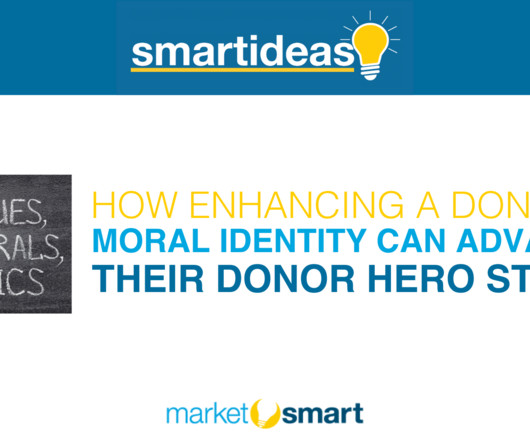How transactional donor relationships kill generosity
iMarketSmart
MAY 8, 2023
In a scale, it might look like this: Helpful reciprocity Loved one (lover, spouse, close family) Friend Teammate Colleague Neighbor Community member Transactional reciprocity Customer Merchant Stranger Harmful reciprocity Competitor Enemy Relationship signals are reciprocity signals. This is nothing new in fundraising advice.











Let's personalize your content